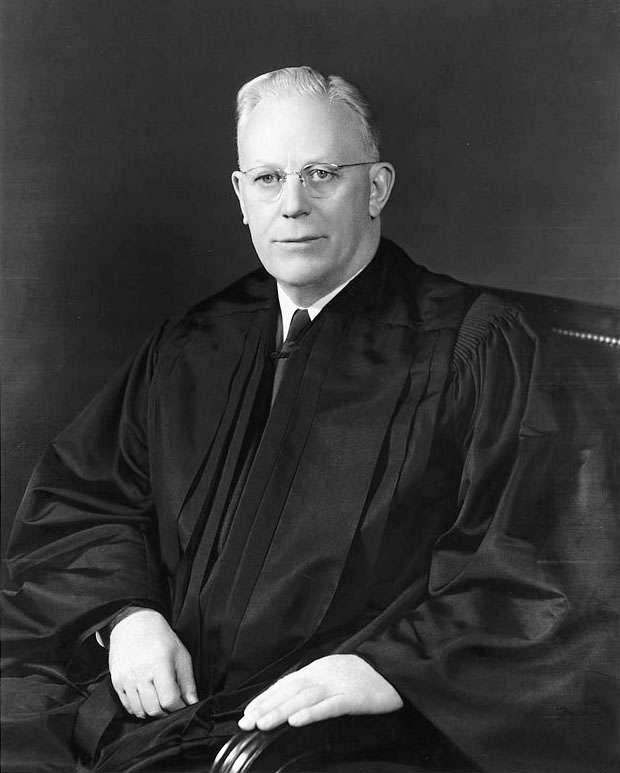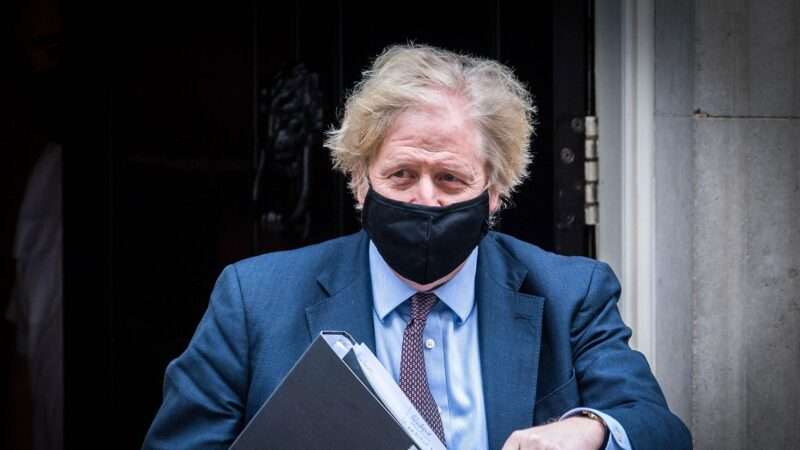
Religion, we’ve been warned, divides us and leads to conflict. It stands to reason, then, that as the country becomes less religious, conflict should fade away. Instead, it’s clear people are eager to fight one another at all costs, and they’ll find new reasons to do so if the old ones become irrelevant. Forget religious wars; Americans now wage their fanatical crusades over politics.
As in the past, to avoid endless strife we’re going to have to learn to peacefully coexist.
“Religion poisons everything,” warned the late Christopher Hitchens. He was perfectly willing to respect the right of the faithful to celebrate their traditions, he said, but he argued that believers were incapable of “the polite reciprocal condition—which is that they in turn leave me alone.”
So, life should be growing more peaceful as the years pass, right? After all, “Gallup finds the percentage of Americans who report belonging to a church, synagogue or mosque at an all-time low” and “as older, more religiously observant generations die out, they are being replaced by far less religious young adults,” Pew Research tells us.
But anybody who has even accidentally glanced at recent headlines knows that life is not growing more peaceful. Americans are as divided as ever and engaged in increasingly violent conflict not just to win, but to destroy perceived enemies. Religion may be going away, but new causes have arisen to excite the passions of true believers.
“American faith, it turns out, is as fervent as ever; it’s just that what was once religious belief has now been channeled into political belief,” Shadi Hamid argues in The Atlantic. “Political debates over what America is supposed to mean have taken on the character of theological disputations. This is what religion without religion looks like.”
Worse, of course, is that political true believers are, if anything, even less inclined than the theologically motivated to “leave me alone” as Hitchens justifiably wanted. Religious fanatics all too often harness state power to force their visions on the unwilling, but political fanatics don’t know any other way to express their beliefs. And they are fanatics.
“On the left, the ‘woke’ take religious notions such as original sin, atonement, ritual, and excommunication and repurpose them for secular ends,” adds Hamid. “On the right, adherents of a Trump-centric ethno-nationalism still drape themselves in some of the trappings of organized religion, but the result is a movement that often looks like a tent revival stripped of Christian witness.”
Hamid isn’t the first observer to conclude that America’s deepening political divisions look just like religious zealotry.
“In the early days of Christianity, believers would rather be thrown to Roman lions than reject their Savior,” Jon Gabriel wrote in the Arizona Republic in December. “Now, we’re supposed to hold that same devotion so some flawed politician can have four more years in Washington, D.C.”
“[T]he American left has lost its mind,” Matt Taibbi complained last summer. “Each passing day sees more scenes that recall something closer to cult religion than politics.”
“The need for meaning hasn’t gone away, but without Christianity, this yearning looks to politics for satisfaction,” Andrew Sullivan observed in 2018. “We have the cult of Trump on the right, a demigod who, among his worshippers, can do no wrong. And we have the cult of social justice on the left, a religion whose followers show the same zeal as any born-again Evangelical.”
America’s bitter polarization makes much more sense when you see political fervor as a substitute for religious fanaticism. Pollsters’ findings that “55% of Republicans say Democrats are ‘more immoral’ when compared with other Americans; 47% of Democrats say the same about Republicans” seem bizarre in the context of policy debates. So do warnings from scholars that an election “could generate violence and bloodshed.” But they take on a new light when you realize that adherents of the major political factions see their clashes as contests between good and evil. Apocalyptic language, purges of opponents, and street violence aren’t about advancing ideological agendas; they’re exercises in punishing heretics and sinners.
If the woke and the Trumpist alike are devotees of modern cults, can they learn to share the same country in peace? Hamid isn’t optimistic.
“Can religiosity be effectively channeled into political belief without the structures of actual religion to temper and postpone judgment?” he asks. “There is little sign, so far, that it can.”
But, if there is hope, it’s in the tool that theologically divided Americans adopted in the past so that diverse religious sects could coexist without eternal strife: tolerance.
Earlier this month, in Scientific American, three scholars rejected President Joe Biden’s call for “unity” because it’s “often understood to be an argument for uniformity or assimilation to specific values and beliefs—which is not particularly realistic.” Instead, they argue, “a more practical solution to the current partisan divide is though tolerance of our differences.”
“Tolerance does not imply compromising our values, beliefs or way of life, but rather allowing others to live life as they wish because our reasons to endure these differences (such as a respect for others’ freedom of expression) outweigh our reasons for objection,” add authors Kumar Yogeeswaran of the University of Canterbury in New Zealand, Levi Adelman of the European Research Center on Migration and Ethnic Relation, and Maykel Verkuyten of Utrecht University in the Netherlands.
The authors acknowledge that tolerance is challenging because it requires admitting that those horrible other people have an equal right to abide by their beliefs. But “[i]n a nation divided between two almost equally powerful political factions, tolerance is a necessity for avoiding future conflict.”
We’ve done it before, after all. Americans learned through hard experience that it was better to tolerate religious dissenters and their differing ways of life, however imperfectly, than to engage in endless conflict and risk our own destruction. With ideological crusades replacing theological battles, we will again have to learn to live and let live.
from Latest – Reason.com https://ift.tt/38WVMU4
via IFTTT



